He pointed out that "as we speak now "if we want to rationalize the 87.7 drinking water coverage that Ghana Statistical Service (GSS) 21 is giving to us, Ghana is just around 46 of safe management of the water system."
"Which means that from 87.7 of basic water, when we do safe management of water, it means that as a nation we have a long way to go in safe management of the water system," Mr Musah reiterated.
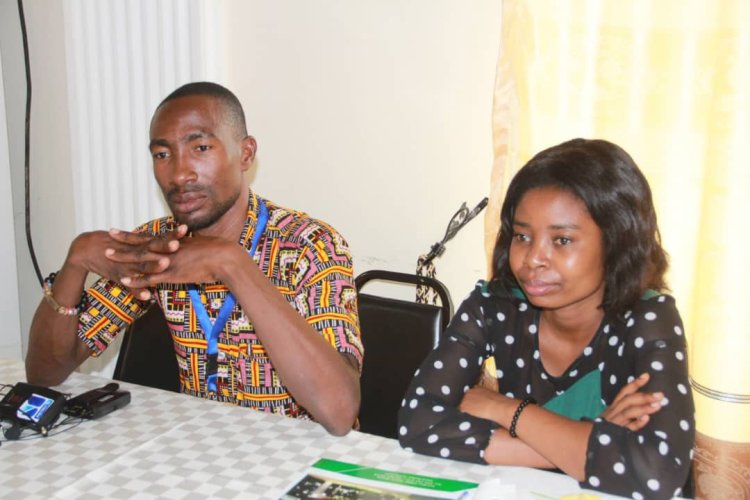
Mr Musah made these statements when he was making a power point presentation at the National Delegates conference organized by GWJN in Dodowa Forest Hotel in the Greater Accra on Thursday August 25, 2022.
In his power presentation, Mr Musah took the members of GWJN through the role of media in Ghana's WASH Sustainable Development Goals (SDGs) agenda.
The training workshop is being financed through the first Roddenberry Foundation’s +1 Global Fund grant to GWJN.
Themed; "Building A Strong Media Coalition for Effective WASH Advocacy," the event brought together over 25 journalists from the print, radio and television media houses in Western, Eastern, Ashanti Region, Volta, Upper East and Bono Regions.
Generally, the delegates further discussed how to strengthen the regional networks, and then specific assignments are agreed upon for the regional coordinators.
Speaking further, Mr Musah noted that
it is the need for the government to provide water to the Ghanaians which to be free from contaminant in order to prevent the Waterborne-related infectious diseases in the country.
The water and sanitation specialist stressed the urgent need for the central government to continue to ensure the provision of the basic quality and affordable water needs for the people in the sixteen (16) regions of the 175 administration districts of the country.
According to him, Sustainable Development Goal (SDG) is talking about the safely manage of the drinking water, saying that the safe management of the water system means that "we are measuring access to water to ensuring that there is water in the premises to all Ghanaians in this country."
"So this means that for the whole people of Ashanti, Northern and Volta Regions, everybody should have safe drinking water in their yards, or premises and that the said water should be free from contaminant of any particle which would not be dangerous to human lives," Mr Musah stressed.
He explained further that "it means when you fetch the water, it should be safe and should not get any particle in the drinking water, and that is what we mean by safe management of the water."
"But some other sector players are saying that look just us we are told that Christians believe that before we you see God you have to pass through Jesus Christ. And the Muslims also believe that the day of judgement Mohamed has to exceed on our behalf.Some people contend that before we talk about safe management of water, let us talk about basic access of water.
"When attain basic access of water of 100 percent so we can be talking about safely management of water. Some people don't want to hear of safely management of water at all even though they are conscious of water quality which is the contaminate issue so if we are to go by GSS statistics it means that for water we on track especially if we try to deal with water equity across all the regions, then we are on track," Mr Musah maintained.
But in this sense, Mr Musah was quick to state, as a nation we do what we can do especially as the journalists to highlight inequality in access to basic water in the country."
According to him, there are clear envidence that some residents or inhabitants living in the coastal communities of the Greater Accra Regio are having challenges to access to safety drinking water.
He added that there are a lot of low income communities in the Ashanti, Bono, Bono East, Northern, Volta,Oti, Upper East and Upper West and Western Regions that were still reeling on the challenges of the need of safety drinking water, and called on the journalists to hammeri their reportage on their challenges they are facing in the accessibility of of safety drinking water.
He stressed the need for the environmental journalists, particularly the members of GWJN to continue to highlight on the increasing phenomenons of the pollution of water bodies by the human activities.
"We must ensure that the water bodies are free from contamination of the dangerous acidic substances," he stated.
He indicated that although the members of the GWJN have done a very details documentaries of the pollution of the water bodies forcing on the mining prove areas in Ashanti and Western Regions, there are still the need for the media practitioners to intensify education on the negative impact of the pollution of water bodies.
According to him, there was the need for the people in the country to have decent water, sanitation and hygiene safe environment to prevent humane from contracting diseases.
"It is the time for the media practitioners to continue to report on pollution of the water bodies, saying that if you look at government agenda on water for all in the budget in the medium term development plans, water quality and water bodies pollution are significant to most of the successive governments," he said.
He noted that although we don't know how much money the current government has so far invested in its anti-galamsey fight, as we speak now we still come across a lot of things our government are doing to help flush out galamsey operations in the heavy mining communities or regions, just to ensure that we do not becomes water distress in our country to ensure that we kept alive to achieving SDG 6."
He disclosed that very soon the Community Water and Sanitation Agency would open offices in all the 16 regions, saying that the offices would be found in major towns and all the regional and district capitals in all the regions.
He maintained that currently the the Ghana Water Company Limited (GWCL) have 91 urban water systems across the country, adding that the number is still counting since the company was adding more urban water system.
According to him, rural water supply is being managed by the Community Water and Sanitation Agency (CWSA), saying that the Agency has been operating in the ten regions adding that the Agency is positioning itself to open offices in the six additional regions.
He maintained that currently President Nana Addo Dankwa Akufo-Addo is commissioning additional six regional water supply project , assuring that "very soon the Community Water and Sanitation Agency would open offices in the six remaining regions in the country.
He mentioned how the Danish International Development Agency invest heavily in the support of the CWSA to provide potable drinking water to the people in the Northern Region, the Upper East Region, the Upper West Region and Savannah Region.
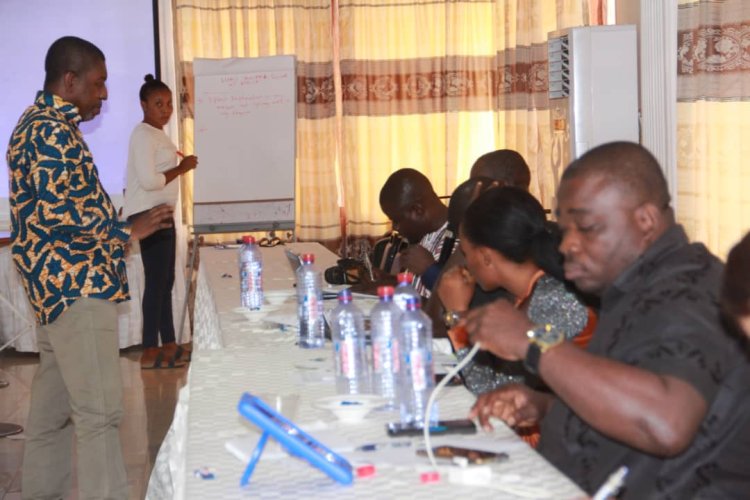
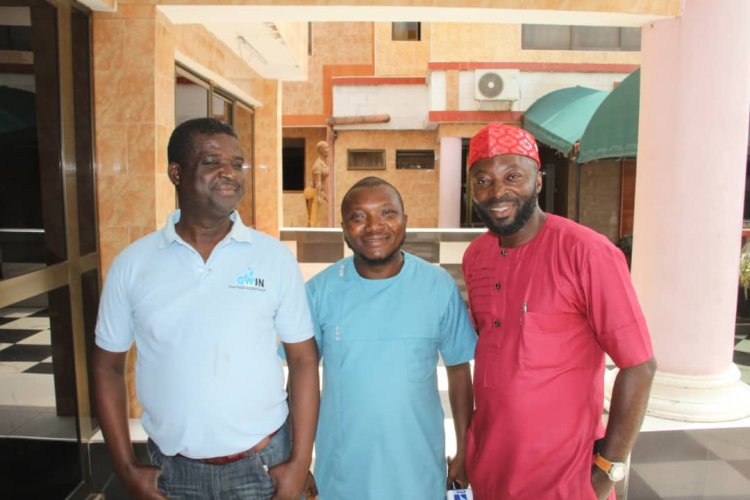

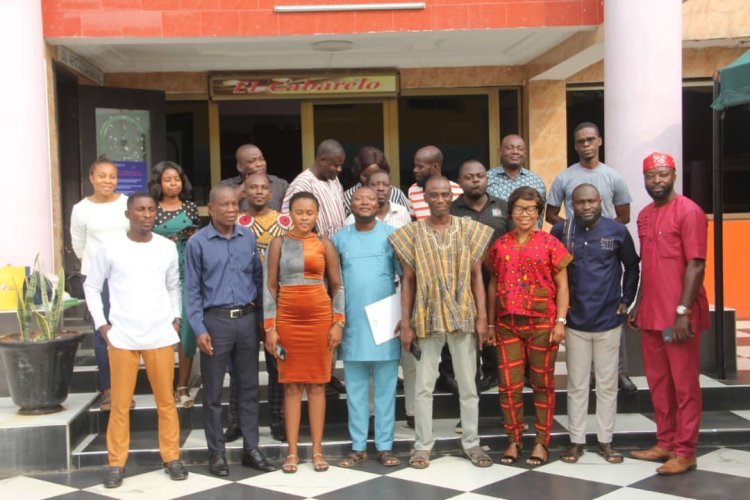
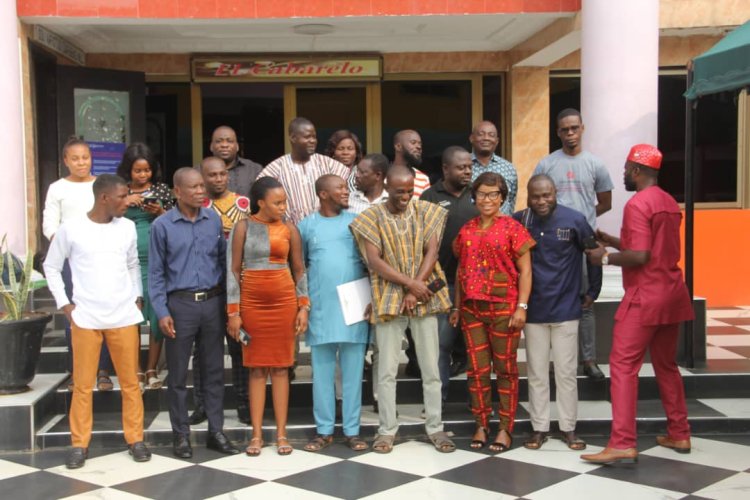
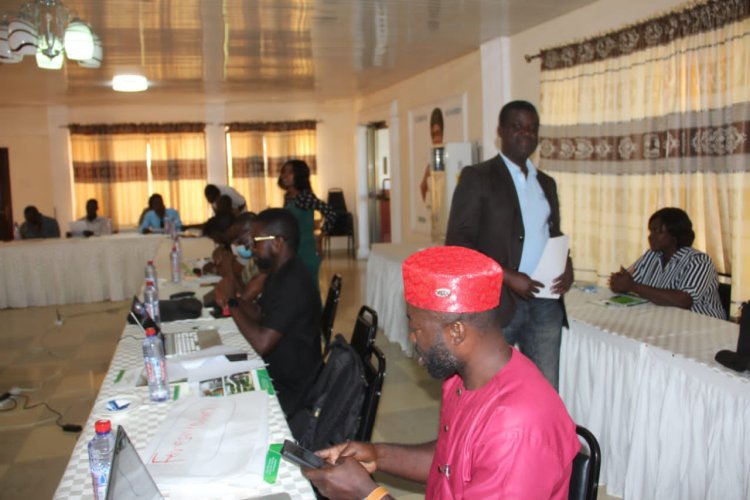
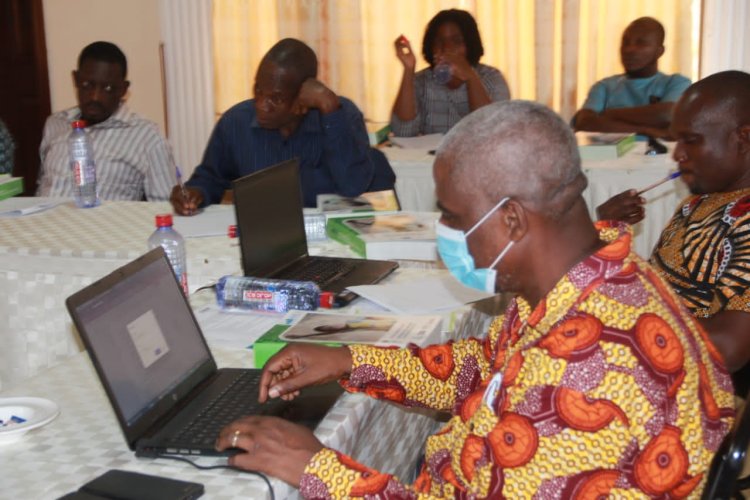
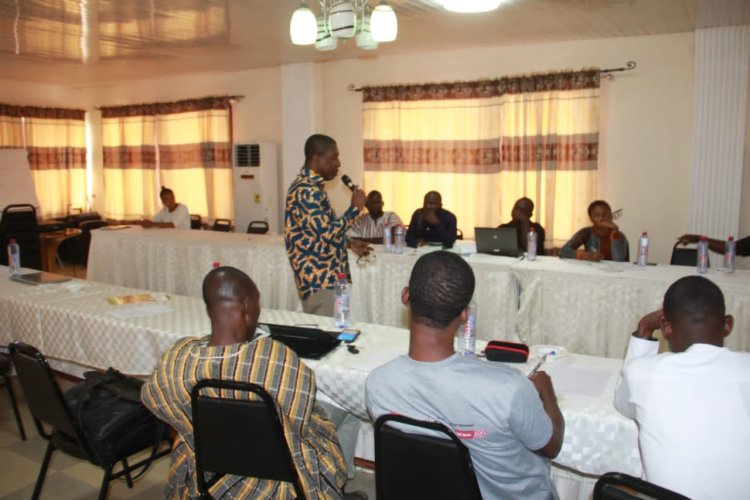

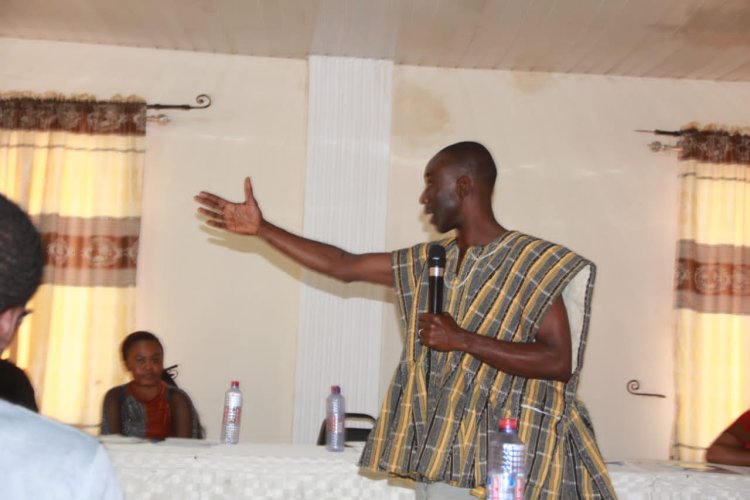



 Freeman Koryekpor Awlesu Greater
Freeman Koryekpor Awlesu Greater 

































